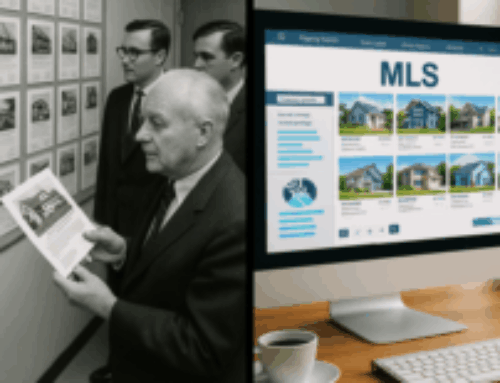 Zillow has a market valuation of over $1B. They are authorizing 3.5 Million more shares and raising north of another $140 Million-ish in cash (they can sell up to 4 million shares if they have heavy demand, and their stock is around $42 to $42 per share). It is amazing stuff. Smart stuff. With that kind of cash, Zillow can take strong positions in any area of the real estate industry that interests them: Buy a national brokerage, buy a national MLS vendor, buy leading companies that provide any number of agent or broker services, etc. Cash is King – and they have the cash. Unless I am mistaken, only CoreLogic has a stronger cash position than Zillow in real estate today. Think of all the fun you could have buying companies for cash and stock with that war chest. Think industry domination.
Zillow has a market valuation of over $1B. They are authorizing 3.5 Million more shares and raising north of another $140 Million-ish in cash (they can sell up to 4 million shares if they have heavy demand, and their stock is around $42 to $42 per share). It is amazing stuff. Smart stuff. With that kind of cash, Zillow can take strong positions in any area of the real estate industry that interests them: Buy a national brokerage, buy a national MLS vendor, buy leading companies that provide any number of agent or broker services, etc. Cash is King – and they have the cash. Unless I am mistaken, only CoreLogic has a stronger cash position than Zillow in real estate today. Think of all the fun you could have buying companies for cash and stock with that war chest. Think industry domination.
Business Insider took a look at Zillow recently, and kinda answered a question that many of us were curious about. $40 Million for Rent Juice and $7.8 Million for Diverse sounded like over the top buys. Here is how Business Insider sees Zillow:
Under pressure to grow, Rascoff has been aggressively buying up companies. He and his team said this May that they would spend $40 million cash on the rental relationship management software provider RentJuice, which launched in 2009, has 31 employees, and whose revenue is “currently immaterial,” according to Rascoff on his August 8 conference call. In spring 2011 the company also acquired the online real estate listing firm Postlets for an undisclosed amount. During the same year for around $7.8 million in cash and stock, Zillow bought Diverse Solutions, which has 18 employees. Rascoff and his team ended up paying around $35.4 million more for these acquisitions than they were worth on the books as of June 30, and this goodwill accounts for more than 26% of Zillow’s total assets.
How much money those acquisitions end up making in the long-run remains an open question. Rascoff said August 8 that his team doesn’t expect near-term significant monetization from the rentals business associated with RentJuice, but they think the market opportunity is “very significant,” given factors such as Zillow’s consumer traffic and the billions spent marketing rentals every year. If Rascoff’s guess on this one turns out wrong, his team will have to revise their goodwill estimates downward in later years and take a hit to earnings as a result.
So far the recent acquisitions have been weighing on Zillow’s efficiency, as the company generated an average of nearly 86 cents of sales per dollar of assets over the past twelve months, down from 93 cents per dollar the previous quarter. Rascoff better keep an eye on that number, if he wants his advice to other entrepreneurs to be taken seriously.





Jag Report set the target for Zillow at $50 today.
http://www.jagsreport.com/2012/09/zillow-inc-cl-a-pt-raised-to-50-00-z/
Concord lists Zillow as a “Buy”
http://www.streetinsider.com/Analyst+Comments/Canaccord+Genuity+Maintains+a+Buy+on+Zillow+(Z)%3B+Adjusting+PTEstimates+After+Equity+Offering/7713913.html